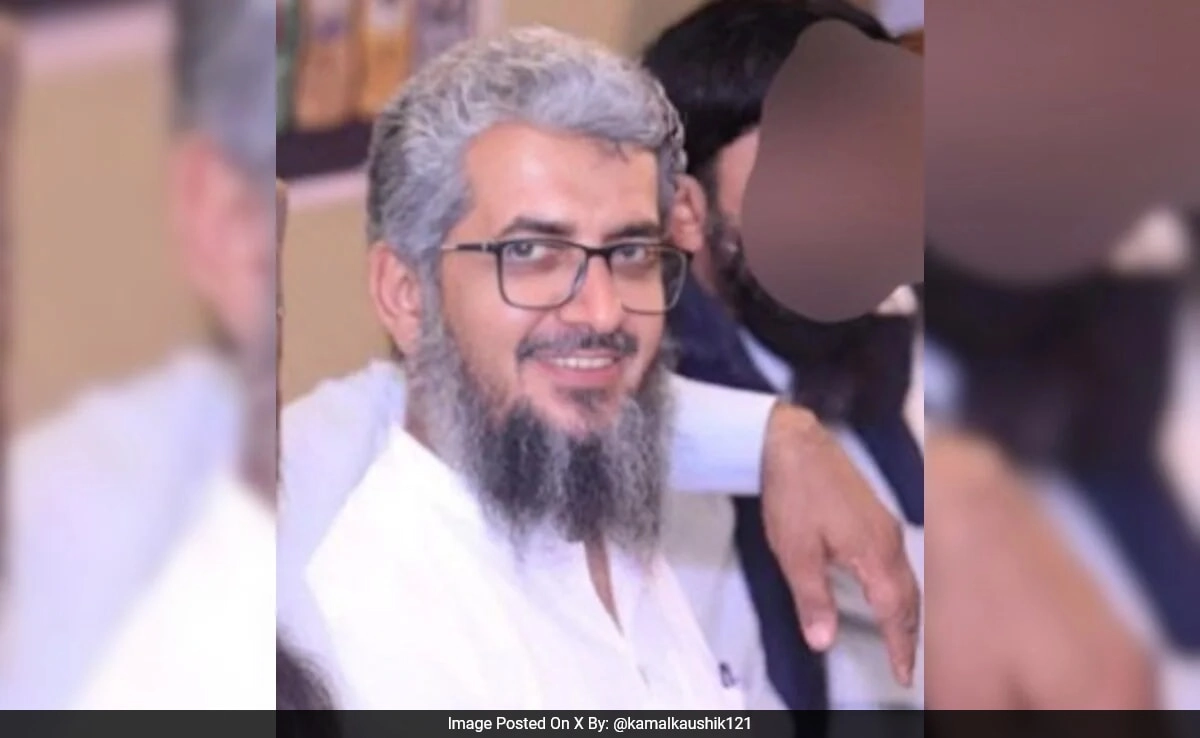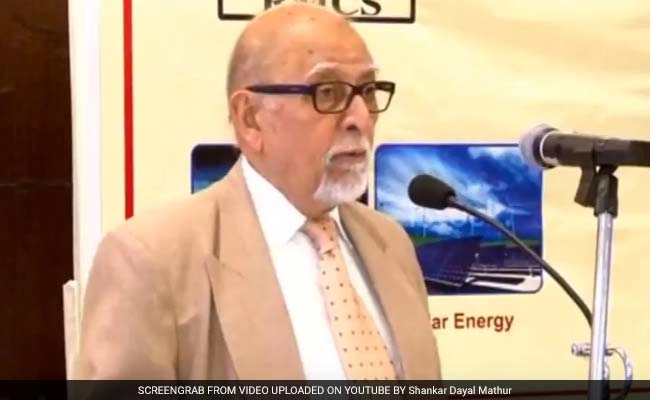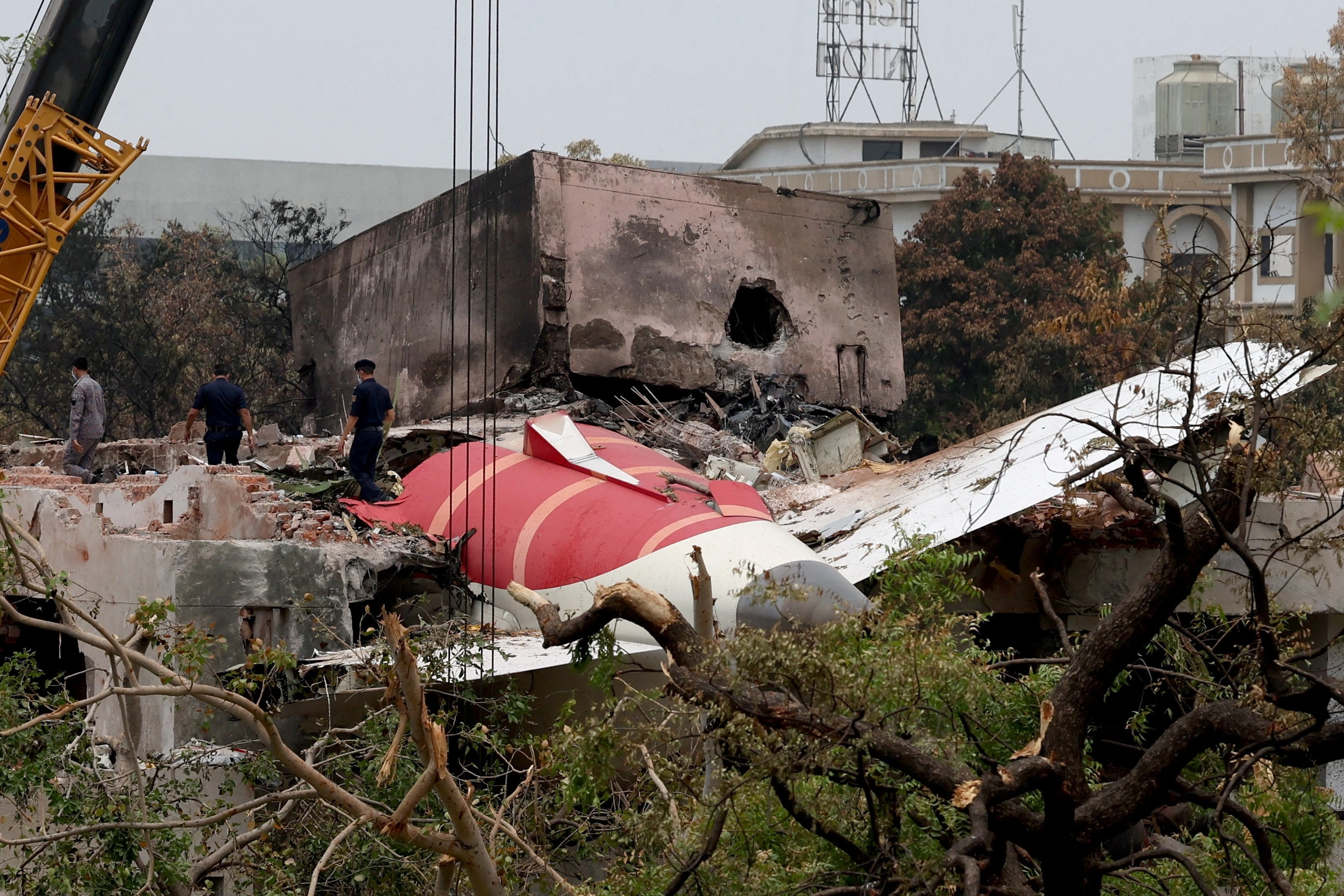Abu Saifullah, a notable Lashkar-e-Taiba terrorist implicated in a series of attacks in India, has been reported killed in Pakistan. This development marks a significant moment in the ongoing struggle against terrorism in the region. Saifullah was believed to be a key operative in orchestrating three major attacks in India, targeting civilians and security forces alike. His involvement in these incidents not only heightened tensions in the already volatile area but also underscored the persistent threat posed by terrorist organizations that operate across borders.
The death of Saifullah is being viewed as a potential turning point in counter-terrorism efforts, particularly for India, which has faced numerous challenges from such militant groups. His elimination may disrupt the operational capabilities of the Lashkar-e-Taiba, known for its anti-India agenda. Security analysts suggest that while this is a significant blow to the organization, it is crucial to understand that the fight against terrorism requires sustained efforts. Terrorist networks are often resilient and can quickly regroup despite the loss of key figures.
Moreover, Saifullah’s demise could have broader implications for regional security dynamics. The Pakistani government’s handling of terrorist groups has been a contentious issue, often drawing criticism from the international community. While some factions within Pakistan have taken steps to combat extremism, others have been accused of harboring or supporting such groups for geopolitical leverage. The circumstances surrounding Saifullah’s death may prompt renewed scrutiny of Pakistan’s policies and its commitment to addressing the root causes of terrorism.
Ultimately, the killing of Abu Saifullah serves as a reminder of the complexities associated with counter-terrorism efforts in South Asia. It highlights the need for comprehensive strategies that encompass not just military action, but also diplomatic initiatives aimed at fostering stability and cooperation in the region. As nations grapple with the persistent threat of terrorism, the focus must remain on collaborative approaches that address the underlying issues fueling extremism and violence.




